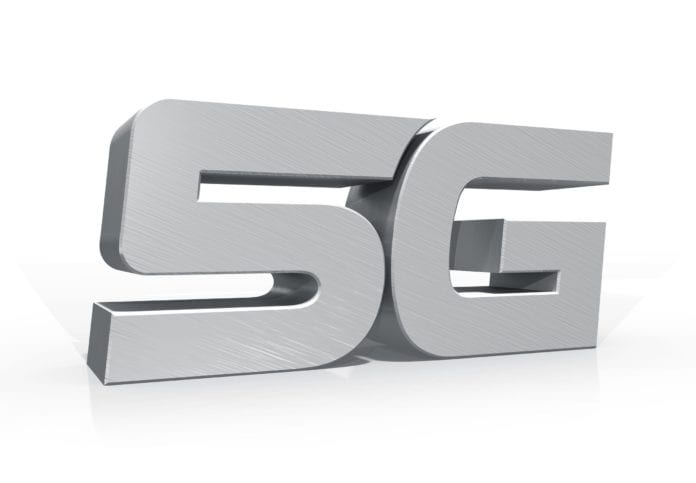Verizon and AT&T aim to launch commercial 5G services in certain US markets before the end of this year
North America seems to be leading the race to launch commercial 5G services, according to a new study by IHS Markit.
The study revealed that 82% of mobile operators globally are participating in 5G tests and trials, but only about 12% – all from North America – plan to commercially deploy the technology in 2018.
“Get ready, 5G is around the corner,” said Stéphane Téral, executive research director, mobile infrastructure and carrier economics, IHS Markit. “5G is going live in North America by the end of 2018, and then in South Korea in 2019. Most operators in Europe, however, aren’t planning to deploy 5G until 2021 or later.”
In the U.S., AT&T and Verizon have plans to launch 5G this year. Verizon is planning to deploy 5G fixed wireless service in Sacramento, Los Angeles, Houston and Indianapolis by the end of this year. The carrier said it will use its pre-standard 5G technology. Verizon also announced plans to launch mobile 5G technology next year. AT&T is planning to deploy a mobile 5G offering in a dozen markets this year using gear based on the 3GPP 5G standard. Some of the targeted cities include Charlotte, Raleigh, Oklahoma City, Dallas, Atlanta and Waco.
According to the report, 82% of surveyed operators said that the low latency of 5G was the biggest technical driver for commercial deployment. The other main drivers were decreased cost per bit (76%) and increased network capacity (71%).
“Every technical aspect that’s related to substantial improvement in network performance — lower latency, higher capacity, higher bandwidth, higher throughput –while decreasing the cost per bit continues to receive high ratings in our survey,” Téral said. “This is logical because it’s the foundation of the 5G definition.”
Meanwhile, the most challenging network development item on the 5G agenda is the radio, according to the IHS Market study. Some 53% of operator respondents said the Radio Access Network is the area of the network that will require the biggest development effort to make 5G happen, followed by transport (24%) and management (14%).
Extreme mobile broadband (eMBB) was the highest-rated 5G use case driver among survey respondents, followed by real-time gaming. As real-time gaming requires a super-fast network with low latency, it cannot occur in the absence of eMBB; the same applies to high-definition (HD) and ultra-high-definition (UHD) video services and tactile low-latency touch and steer. Even so, respondents expect fixed-wireless access (FWA) to be ready for commercial deployment first, according the IHS Markit.
“The bottom line is early 5G will be an extension of what we know best: broadband, whether in FWA or eMBB form,” Téral said. “Don’t expect factory automation, tactile low-latency touch and steer, or autonomous driving to be ready on 5G anytime soon despite being touted as the chief 5G use cases.”

